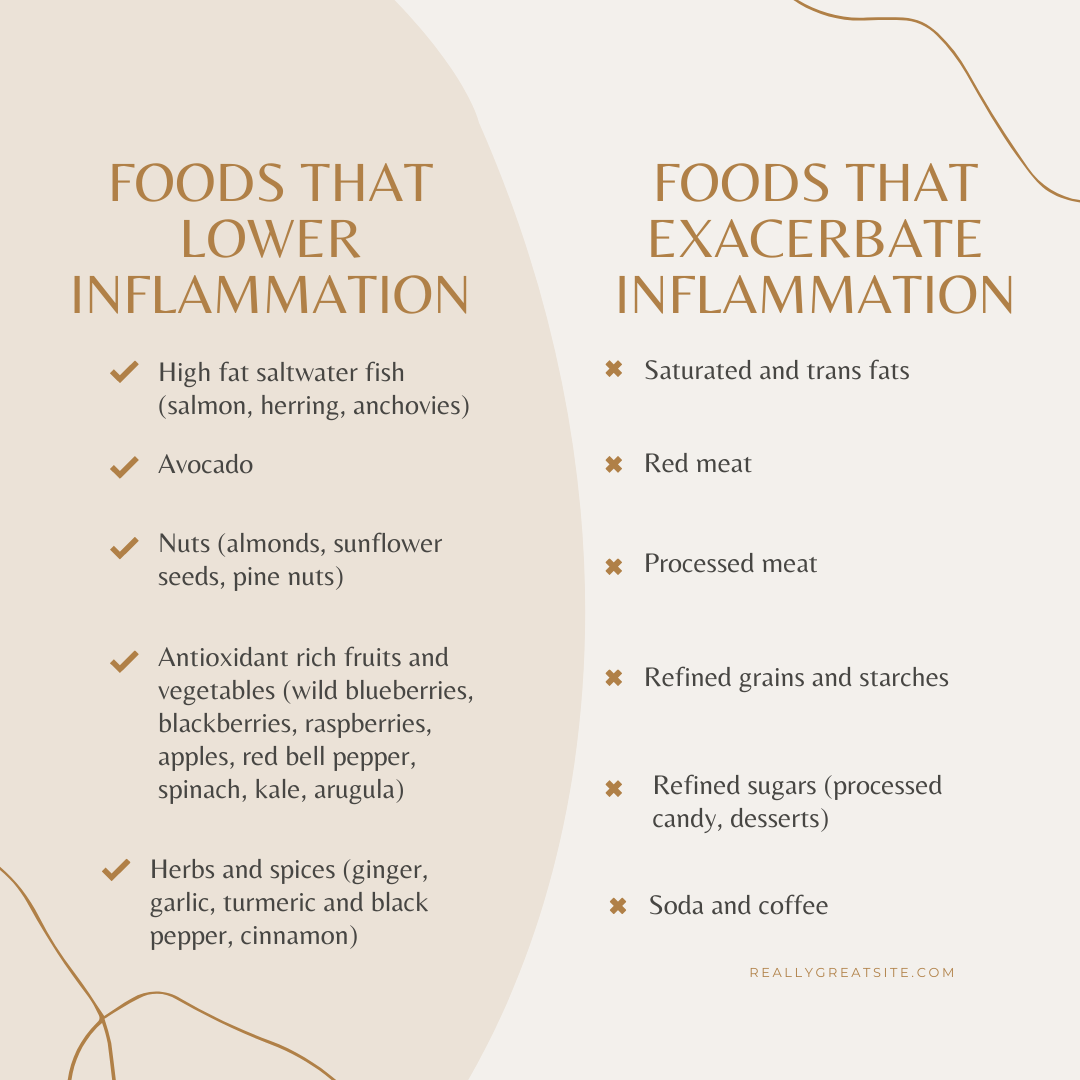Food is Mood
The enteric nervous system (ENS) is comprised of the lining of the esophagus, stomach, small intestine, and colon and is estimated to include 500 million neurons and 40 neurotransmitters directly connected to mood and cognition. The newest research suggests that 95% of available serotonin and 50% of bio-available dopamine is produced in the ENS.
As a neuropsychologist, I am most often called on to treat the brain in my patient’s head but, as treatment planning goes, I am increasingly drawn also to the function of the brain in their gut. The enteric nervous system (ENS) is comprised of the lining of the esophagus, stomach, small intestine, and colon and is estimated to include 500 million neurons and 40 neurotransmitters directly connected to mood and cognition. The newest research suggests that 95% of available serotonin and 50% of bio-available dopamine is produced in the ENS.1,2
Mia Baumgartner

The relationship between inflammation and ENS function is straightforward: a heavy intake of saturated and trans fats, red meat, and refined starches and sugars promotes inflammation, and a diet rich in omega-3 fatty acids, natural antioxidants, fruits, vegetables, and whole grains decreases inflammation. For the same reasons, that same diet confers benefit to patients with chronic inflammatory disease like rheumatoid arthritis (RA) and to conditions like depression which research has also characterized as a chronic low-grade inflammatory condition.3 Research actually suggests that increased bacterial translocation in the gut, a result of our modern, stressful lifestyle and inflammatory diet, may be a primary factor in the onset of clinical depression and may further aggravate inflammation in diseases like RA. Essentially, the scientific literature is verifying that we are what we eat, or we feel about as good as we eat.
Using food to manipulate mood isn’t new. In fact, Hippocrates is known to have studied the healing powers of food.4 The Hippocratic Oath contains this clause, “I will apply dietetic measures for the benefit of the sick according to my ability and judgment…” More recently, research focusing on the relationship between mood and food has concluded that food choices can play a major role in enhancing mood. This study concluded that consuming foods heavy in protein and omega-3 fatty acids are directly related to improvements in mood, anxiety, and impulse control.5 Importantly, that study also determined that eating high-quality chocolate improves mood and alertness as well.
So, how can you harness the interventional health benefits of food to support your RA clients and promote better mood and well-being? Talk food. Suggest foods high in protein or omega-3s to fight depression and fresh fruits and vegetables for an improvement in cognitive function. And don’t forget to mention that chocolate will boost the mood as well. While talking about food can be a fraught conversation, however, as with any difficult conversation about behavior change, 1 of the best techniques is motivational interviewing where the goal is to plant and then reinforce an idea. No one wants to be told to eat differently or healthier, but they might if they come up with the idea themselves.
Avoid the obvious temptation to get on a soapbox and “prescribe” a healthy diet and instead begin the conversation by asking open ended questions about your patient’s current diet and lifestyle. For example, say “Tell me something about what and how you eat.” Next, recognize your patient’s strengths with affirmations that make them more willing to share. For example, try saying “It’s great that you have prioritized your health and started eating more vegetables.” And finally, summarize their answers and amplify any ambivalence you hear. For example, say “you have started prioritizing your health by drinking water and eating three servings of fruit, but it sounds like you would like to make other changes in your diet as well.”
Then, as with planting any seeds, you can expect slow and steady progress. Make a point to check in regularly and to celebrate their gains. Invite their participation as co-investigators of this new intervention (behavior change) and ask them to track their mood and RA symptoms every day. Where you recognize disordered eating such as binge eating or overly restrictive diets, you can make referrals to a roster of local eating disorder specialists or nutritionists, but you have the training to kick off this conversation and to make use of this powerful intervention. You can also better empathize with the intensity of their struggle if you are also prioritizing nutrition—always easier said than done.

Eating disorder specialists:
Nutritionists:
National Board of Physician Nutrition Specialists
Mia Baumgartner is a Master’s Student in Forensic Psychology at the University of Denver with interests in neuropsychology and somatic therapy. In her first year, Baumgartner has been involved in traumatic brain injury research in the criminal justice system. She aims to work in prison reform or teach yoga in prisons.
References:
1) Strandwitz P. (2018). Neurotransmitter modulation by the gut microbiota. Brain research, 1693(Pt B), 128–133. https://doi.org/10.1016/j.brainres.2018.03.015
2) Gershon MD, Tack J. The serotonin signaling system: from basic understanding to drug development for functional GI disorders. Gastroenterology. 2007;132:397–414.
3) Berk, M., Williams, L. J., Jacka, F. N., O'Neil, A., Pasco, J. A., Moylan, S., Allen, N. B., Stuart, A. L., Hayley, A. C., Byrne, M. L., & Maes, M. (2013). So depression is an inflammatory disease, but where does the inflammation come from?. BMC medicine, 11, 200. https://doi.org/10.1186/1741-7015-11-200
4) PRASAD, C.. Food, mood and health: a neurobiologic outlook. Braz J Med Biol Res [online]. 1998, vol.31, n.12 [cited2021-05-05], pp.1517-1527. Available from: <http://www.scielo.br/scielo.php?script=sci_arttext&pid=S0100-879X1998001200002&lng=en&nrm=iso>. ISSN 1414-431X.https://doi.org/10.1590/S0100-879X1998001200002.
5) AlAmmar, W.A., Albeesh, F.H. & Khattab, R.Y. Food and Mood: the Corresponsive Effect. Curr Nutr Rep 9, 296–308 (2020). https://doi.org/10.1007/s13668-020-00331-3